
Tips & Advice for UK Casino Players
Latest tips & advice to improve your online casino experience

May 1, 2025 | Read Time: 2 mins

April 14, 2025 | Read Time: 4 mins

March 25, 2025 | Read Time: 3 mins

March 3, 2025 | Read Time: 11 mins

March 3, 2025 | Read Time: 5 mins

Feb. 28, 2025 | Read Time: 3 mins

Feb. 21, 2025 | Read Time: 4 mins

Feb. 19, 2025 | Read Time: 4 mins
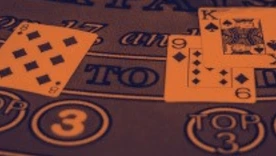
Feb. 18, 2025 | Read Time: 4 mins

Feb. 17, 2025 | Read Time: 4 mins

Jan. 24, 2025 | Read Time: 3 mins

Jan. 17, 2025 | Read Time: 5 mins

Aug. 15, 2024 | Read Time: 3 mins
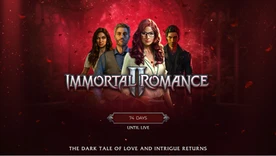
July 11, 2024 | Read Time: 3 mins

July 9, 2024 | Read Time: 6 mins

May 30, 2024 | Read Time: 4 mins

May 16, 2024 | Read Time: 4 mins

May 3, 2024 | Read Time: 4 mins

May 3, 2024 | Read Time: 2 mins

May 3, 2024 | Read Time: 2 mins

May 1, 2024 | Read Time: 3 mins

May 1, 2024 | Read Time: 4 mins

May 1, 2024 | Read Time: 4 mins

May 1, 2024 | Read Time: 7 mins

May 1, 2024 | Read Time: 3 mins

May 1, 2024 | Read Time: 4 mins
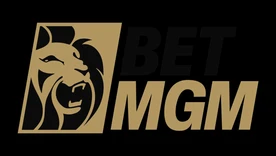
April 5, 2024 | Read Time: 4 mins

March 22, 2024 | Read Time: 4 mins

March 18, 2024 | Read Time: 2 mins

March 13, 2024 | Read Time: 4 mins

March 11, 2024 | Read Time: 5 mins
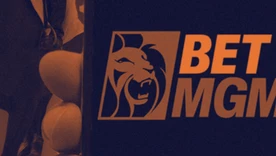
March 4, 2024 | Read Time: 10 mins

Feb. 26, 2024 | Read Time: 4 mins

Feb. 23, 2024 | Read Time: 5 mins
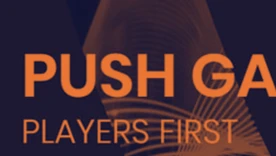
Feb. 15, 2024 | Read Time: 5 mins

Feb. 14, 2024 | Read Time: 5 mins